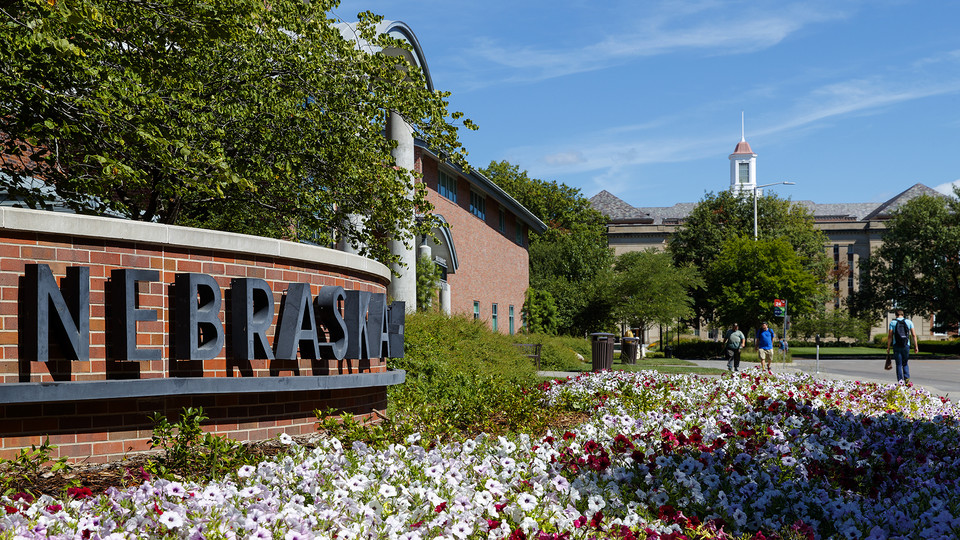
Pullias Center Research Spotlights Impact of Academic Validation on Comprehensive College Transition Programs
New research from The Pullias Center for Higher Education confirms that how comprehensive college transition program (CCTP) elements are implemented is more important than what elements are included within the support program. The findings highlight the crucial role that academic validation plays within CCTPs.
Postsecondary institutions often create CCTPs to provide academic and social support for underserved students as they transition to college and begin their academic journey at the institution. The new paper, published in a special edition of American Behavioral Scientist available now online and in print soon, draws data from a longitudinal mixed-method study of a CCTP program that exists on the three University of Nebraska campuses.
“We use validation theory to explore how CCTPs can create academically validating experiences for underserved students, many of whom are first-generation and racially minoritized,” states Ronn Hallett, one of the five Pullias Center researchers who co-authored the paper. “Our study confirms that CCTPs can be designed to provide reassurance along with allowing second chances, which generates the space for vulnerability and risk taking to occur in an ideal context for academically validating experiences.”
The researchers take a look at how the role of program directors and advisors as single points of contact for students, mid-semester academic check-ins, and the intentional situating of students’ previous experiences in the learning process are all perceived as validating experiences. It explores the multiple ways in which institutional agents send validating messages to students, and how students perceive those messages.
This paper comes out of the Pullias Center’s ongoing mixed-methods study of the Thompson Scholars Learning Communities at the University of Nebraska, which seeks to explore, document and better understand whether this college success and transition program’s experiences translate into greater student success.
Hallett, R. E., Reason, R. D., Toccoli, J., Kitchen, J. A., & Perez, R. J. (2019). The process of academic validation within a comprehensive college transition program. American Behavioral Scientist. https://doi.org/10.1177/0002764219869419